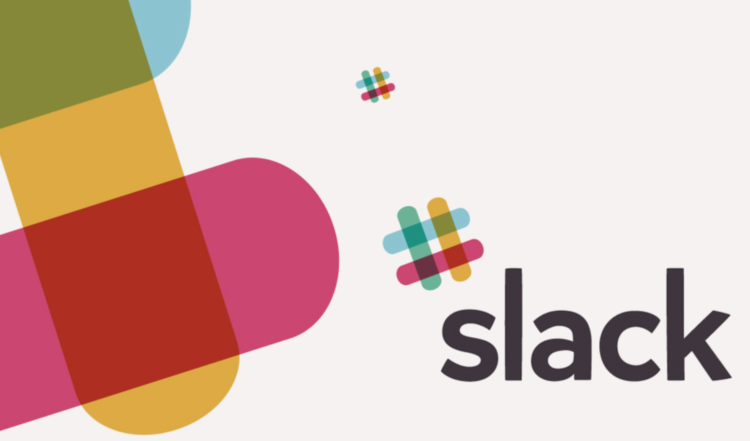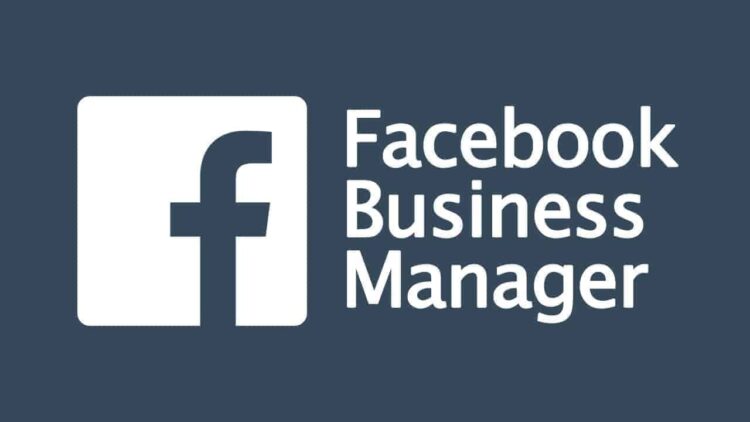Knowing and using the right tool for a task might be all the difference between one successful business and another struggling one. Entrepreneurship is a tough ride. According to Technasite, choosing a good business idea is very important but choosing the right tools to run your business is even more important. Running just one ‘small’ business can be very demanding and draining, and it gets worse if you lack the right tools to make your workflow smooth. According to monday.com, for every task that exists, there is an efficient tool to cut down on the difficulty.
Different businesses carry out different processes that require different tools. Here are a few that your business is very likely to use:
1. Slack

In the most basic terms, Slack is a private chat room for your business. If you have people on your team, you’ll need a more robust way to communicate goals, share progress reports and do a lot of collaborative work, that’s way better than email. In comes Slack. Slack has built a reputation over time as a goto tool for team collaboration with features that make setting up a remote team almost seamless. Some of these features include private and company-wide messaging, a dedicated workspace for the team calls to team members, channels for group/project discussions and integrations with several other apps used for work.
Slack can be used and enjoyed with the free plan.
2. Mailchimp
If your business is one that requires you to create a mailing list and send frequent bulk emails and newsletters, Mailchimp is one of the best options out there to handle this task. According to company executives, Mailchimp sends a billion emails a day, which means their servers have been optimized over time to allow them to cater to the teeming demands of business owners. The best part about using Mailchimp is that it doesn’t just send out many emails at once, but makes sure they don’t get lost in the Spam folder of recipients.
There’s no point sending out bulk emails, if Google, Yahoo Mail, and other email services end up flagging your emails as spam messages, making it hard for your recipients to see them. Mailchimp makes sure this doesn’t bug you, at no charge at all. You only begin to pay when you have above 2000 subscribers. If you need some alternatives, you can check out sprout24.com.
3. Zoom

Zoom is a video-conferencing and meeting software that allows teams to have seamless virtual meetings. With Zoom, you have an effective tool for hosting webinars, conducting online classes, video conferences. It is designed to cater to the needs of a small/medium enterprise and still adjust to those of a large company, with its participants’ size ranging from 100 – 10,000 view-only attendees and 100 interactive participants.
4. Hootsuite
If ease and flexibility in managing social media is a priority in your business, then Hootsuite is a must-have tool. In simple terms, Hootsuite is a social media management system. It aids in scheduling posts, posting to multiple platforms at once, measuring and tracking various metrics and monitoring social media. Hootsuite comes in various plan offerings, with the basic one being free and allowing a user to manage three social media profiles.
5. Canva

Canva is a must for any business that requires content creation, which is today’s world is every business. Whether you have great design skills or not, Canva is an easy-to-use platform that simplifies the process of creating eye-grabbing graphic content for everybody. With a neat UI/UX, numerous design templates, stock images, fonts and drag-and-drop features, Canva has made creating engaging content consistently a done deal. Best of all, it is free and has a mobile app so you can create content from anywhere at any time.
6. Shopify
Shopify is an industry-leading solution for e-commerce. It is presently the best content management system for online stores available in the market and it enables users to fully understand all the details about their stores. It has a clean UI that makes navigation through its features a breeze. It also comes packed with features like real-time reports and metrics, store themes (free and premium), lots of app integrations, a marketing system and online support. Shopify offers a 14-day free trial period after which the service comes at $9/month for the Shopify Lite plan.
7. WordPress

WordPress is practically the easiest tool for anybody to create a website or blog for their business with. Presently, it powers over 35% of all the websites on the internet. It is an open-source content management system that allows anybody, including non-developers, to create a fully functional website. You can either create a self-hosted website and install the free WordPress.org software or go for the paid WordPress.com service that takes away most of the control.
8. Google Analytics
Google Analytics allows users to track websites, social media and blogs and report on the metrics recorded on these media. It is the number one digital analytics tool in the market and brings a lot to the table at no cost at all. With Google Analytics integrated into your website, you can get access to information like the number of visitors on your website/ap, their duration, sources of traffic, visited pages, etc. It uses a combination of tracking code, browsers and cookies to compile the information. For the sake of improving your content and customer experience, Google Analytics is a must-have tool.
9. Facebook Business Manager

Facebook Business Manager is Facebook’s answer to businesses and page owners searching for an easy way to manage their pages and ads. The tool helps companies to manage their Facebook pages, ad accounts, and product catalogs all in one place. With a well-arranged UI and guiding tooltips, even a newbie to Facebook advertising can quickly get a hang of how to navigate and use the tool.
Facebook Business Manager makes it easy to add and remove several for several people to your advertising team and manage all your ad assets in one place, all at no charge.
10. Dropbox
Dropbox is a market-leading cloud storage solution that allows users to save and store files on the cloud, collaborate on projects and share files across the web. Dropbox is free for 2 GB of storage and begins at $9.99/month, you can get 1 TB of storage.
Dropbox is easy to use and needs basic computer knowledge to navigate.
 Hi Boox Popular Magazine 2024
Hi Boox Popular Magazine 2024



